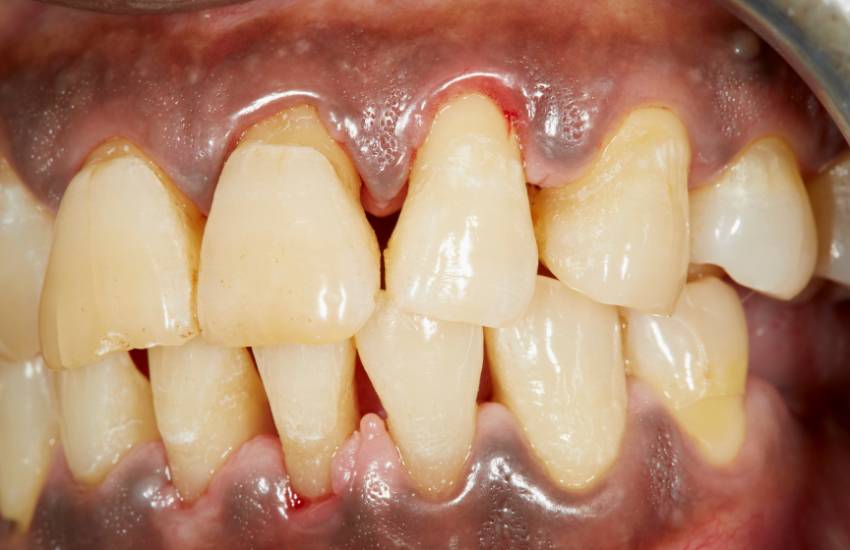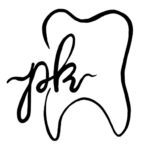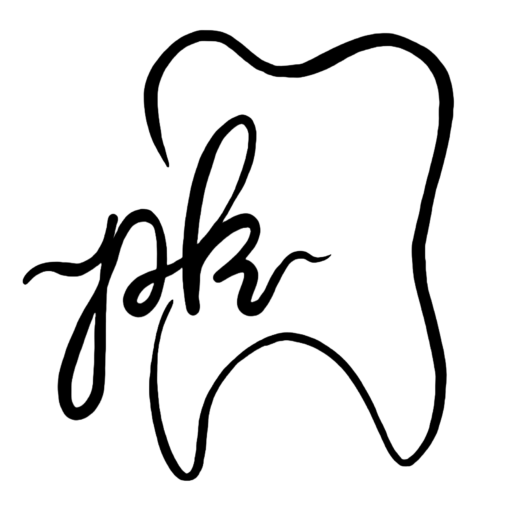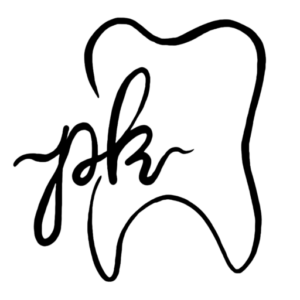Dental Scaling and Polishing


Call Us Today
What is Scaling and Polishing?
Scaling and polishing are two of the most common dental procedures intended for prophylaxis (or prevention of disease).
Everyone is advised to brush their teeth at least three times a day or after every meal to avoid teeth damage. However, there are cases where plaque and tartar buildup still occurs.
Scaling and polishing cleans your teeth, preventing and controlling the severity of gum diseases. After scaling & polishing, teeth can appear lighter if there are many stains on the outer surface of the teeth. If the intrinsic colour of teeth is very yellowish, there will be no changes after teeth cleaning as the yellow colour comes from inside the tooth.
Why do you need to do scaling & polishing?
Dental cleanings involve removing plaque and hard tartar deposits that have built up on the teeth over time. Your teeth are continually bathed in saliva which contains calcium and other substances which help strengthen and protect your teeth. While this is definitely beneficial, it, unfortunately, means that we tend to get a build-up of calcium deposits on the teeth. This chalky substance will build up over time, almost like the limescale deposits at the base of your kettle. Usually, it is tooth coloured and can easily be mistaken as part of the teeth, but it can also vary from brown to black in colour.
If this tartar is allowed to build up on the teeth, it will, unfortunately, provide the right conditions for bacteria to thrive beside the gums. The purpose of cleaning and polishing is basically to leave the surfaces of the teeth beautifully clean and smooth so that bacteria are unable to stick to them and so provide you a better chance of keeping the teeth clean during your regular daily hygiene regime.
- Polishing: Polishing is usually carried out after scaling to remove stains and make your teeth feel smooth and shiny. Polishing is done with a soft rubber cup that spins. Prophylaxis paste – a special toothpaste-like material is scooped up into the cup and spun around on the teeth.
Prophyjet polishing uses a pressurized spray of air and water with sodium hydrogen carbonate powder to remove stains, plaque and soft debris from your teeth. It may taste slightly salty.
If you’ve already developed pain because of your wisdom teeth, then extraction can often ease discomfort almost immediately and get you back on track to better oral health.

